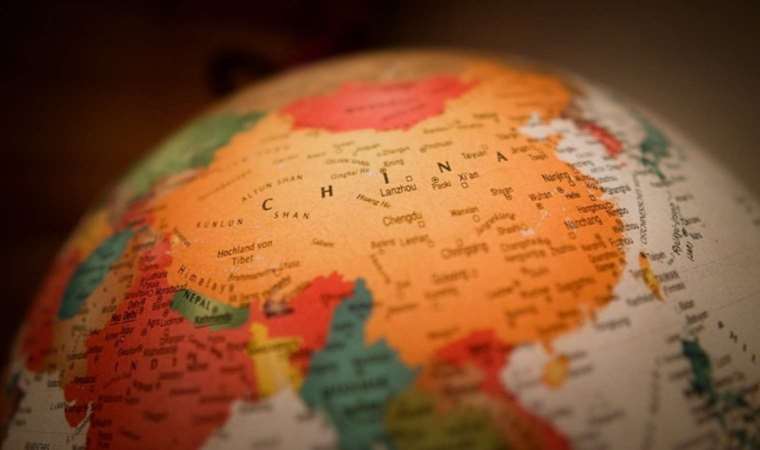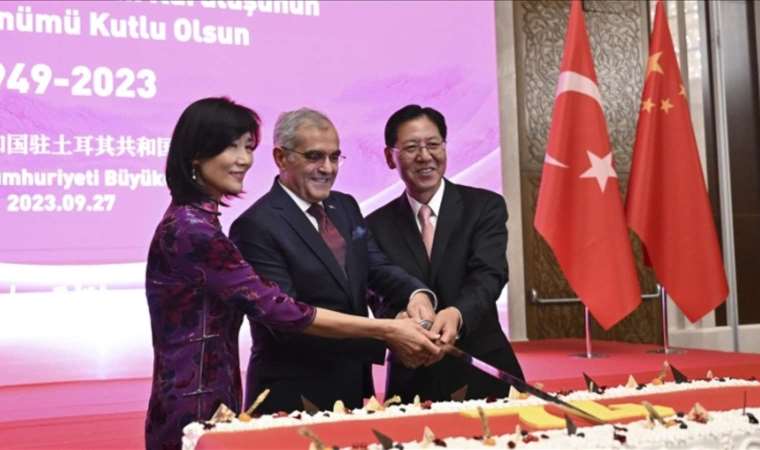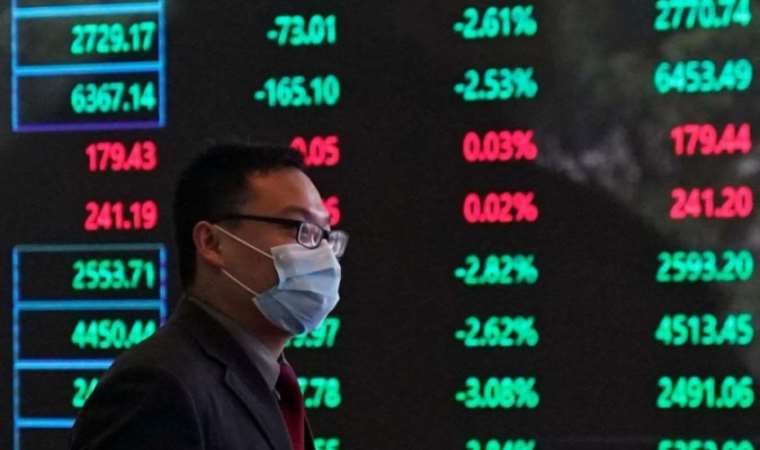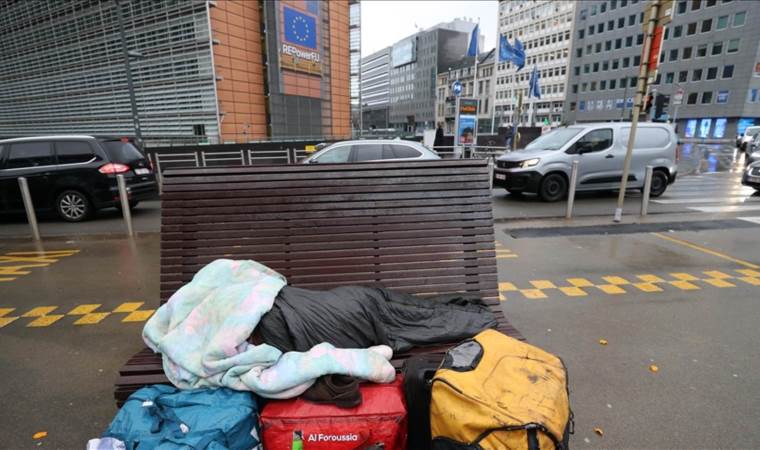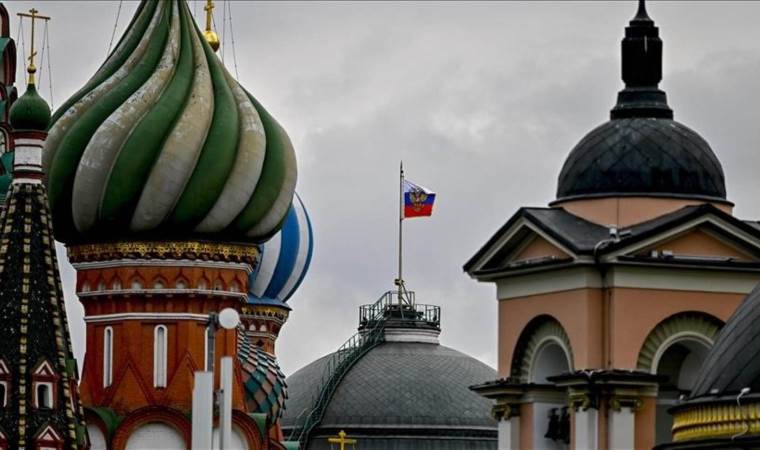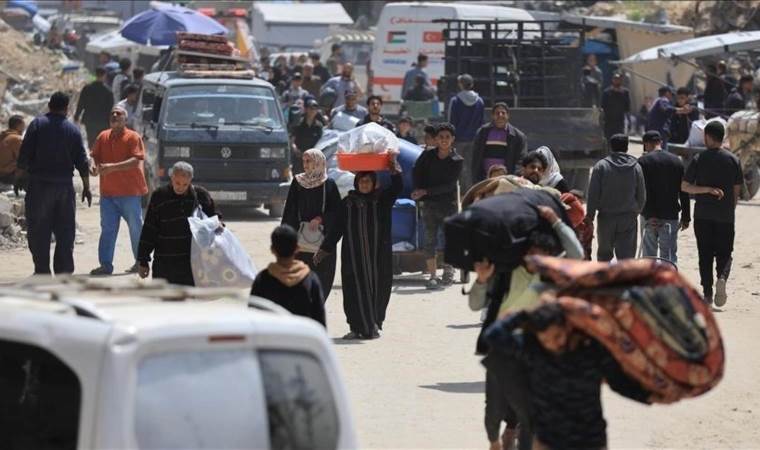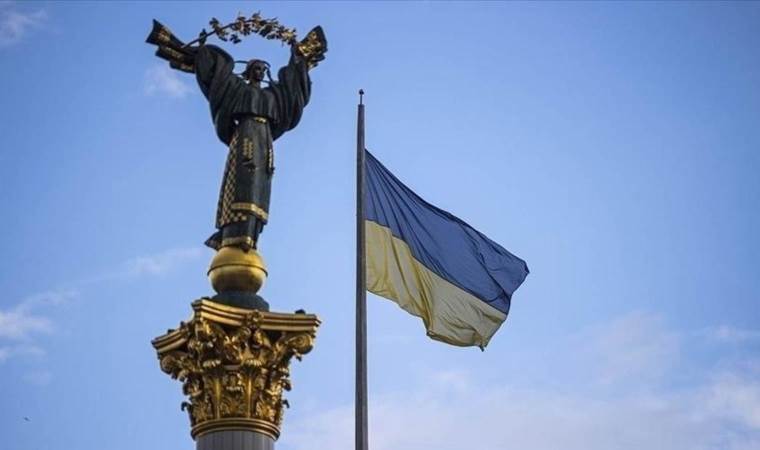China pledges Belt and Road Initiative to become ‘more open’
Beijing's White Paper acknowledges multi-trillion-dollar project may face ‘new difficulties’.
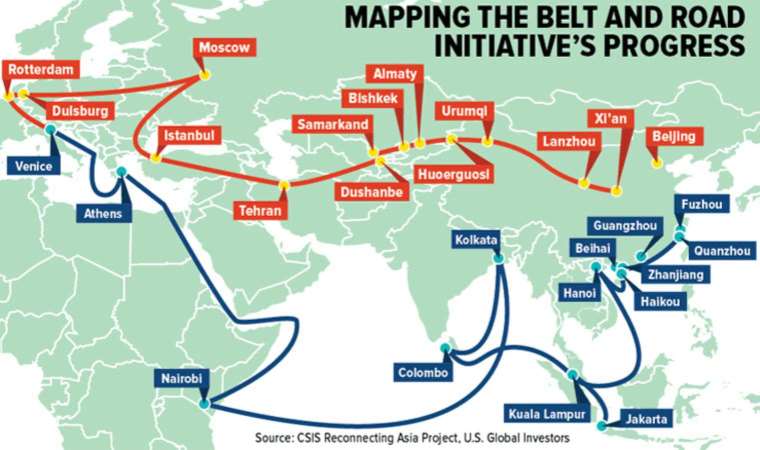
China has said the multi-trillion-dollar transnational Belt and Road Initiative (BRI) will become “more open” as it marks 10 years since its launch in 2013.
“In the 10 years that have passed since its launch, cooperation under the BRI framework has brought remarkable and profound change to the world and become a major milestone in the history of humanity,” read a White Paper, released by China’s State Council Information Office on Tuesday.
The BRI was unveiled by China’s President Xi Jinping in March 2013, when he proposed a “vision of a global community of shared future.”
Later that year in September and October, Xi raised the initiative, joining others to build a Silk Road Economic Belt and a 21st Century Maritime Silk Road (Belt and Road Initiative, or BRI).
“Continuing from this new starting point, the BRI will demonstrate greater creativity and vitality, become more open and inclusive, and generate new opportunities for both China and the rest of the world,” the paper read.
The BRI has “succeeded in taking its first step on a long journey,” however, the paper acknowledged: “In the future, the BRI will find itself confronted by new difficulties.”
Calling it a long-term, transnational, and systematic global project of the 21st century, the paper said: “As long as all parties involved combine their forces, work together, and persevere, we will be able to overcome these problems and raise our extensive consultation, joint contribution, and shared benefits to new heights.”
“China stands ready to work with other countries to pursue closer and more fruitful cooperation under the BRI framework,” it added.
“Our goals are to pass on the torch of peace from generation to generation, sustain development, ensure that civilizations flourish, and build a global community of shared future,” said the paper.
China is hosting the third BRI forum this month, most likely next week, in Beijing.
Representatives from 130 nations and 30 international organizations are expected to attend the forum which will include three high-level forums on connectivity, green development, and digital economy, as well as six seminars.
A conference of entrepreneurs is also scheduled to be held on the sidelines.
Most Read News
-
 US judge finds probable cause to hold Trump officials in
US judge finds probable cause to hold Trump officials in
-
 Naval chiefs of South Korea, US, Japan discuss trilatera
Naval chiefs of South Korea, US, Japan discuss trilatera
-
 Germany maintains diplomatic boycott, bars Russia from W
Germany maintains diplomatic boycott, bars Russia from W
-
 Trump administration asks Justice Department to probe NY
Trump administration asks Justice Department to probe NY
-
 Nearly 10,000 people homeless in Brussels, up 25% since
Nearly 10,000 people homeless in Brussels, up 25% since
-
 Kremlin says Europe focused on war while Russia awaits p
Kremlin says Europe focused on war while Russia awaits p
-
 Overnight shooting in Brussels leaves 2 injured, with 1
Overnight shooting in Brussels leaves 2 injured, with 1
-
 US federal community service program staff placed on lea
US federal community service program staff placed on lea
-
 UN says 500,000 displaced in Gaza after Israel resumes a
UN says 500,000 displaced in Gaza after Israel resumes a
-
 Top Ukrainian delegation arrives in Paris for talks with
Top Ukrainian delegation arrives in Paris for talks with
